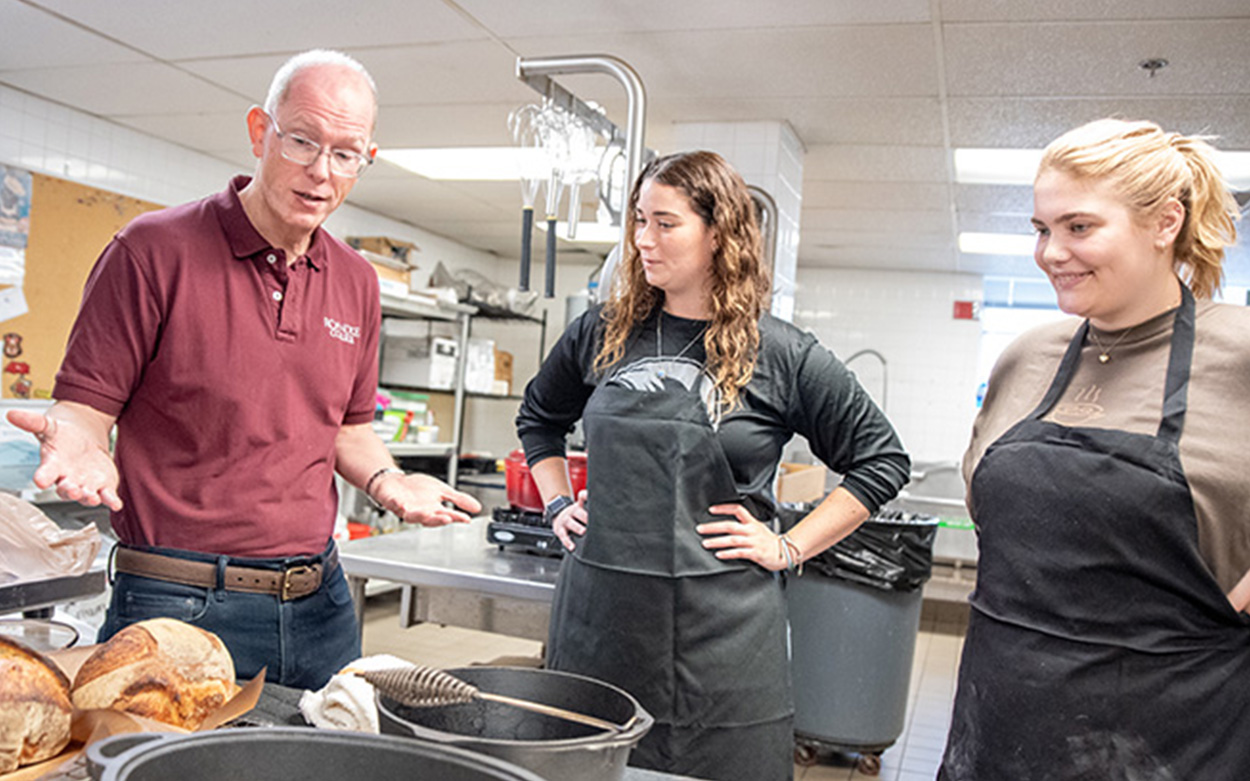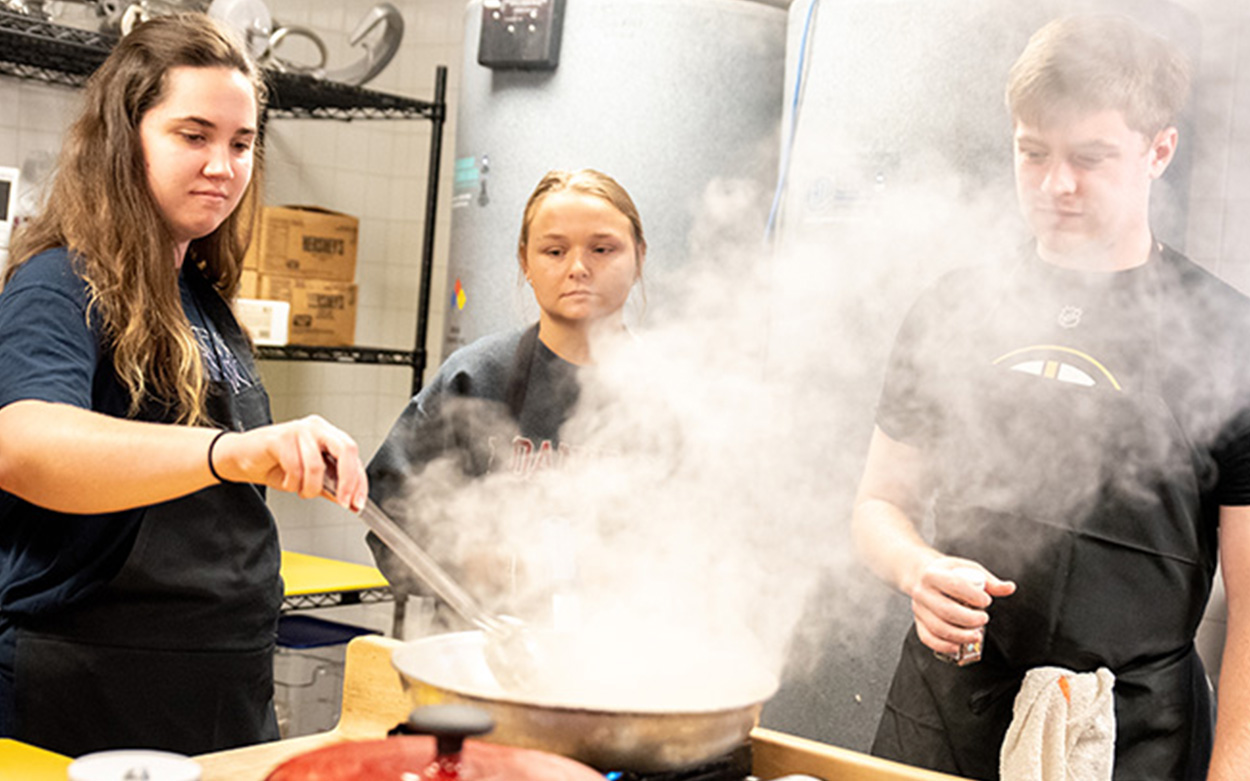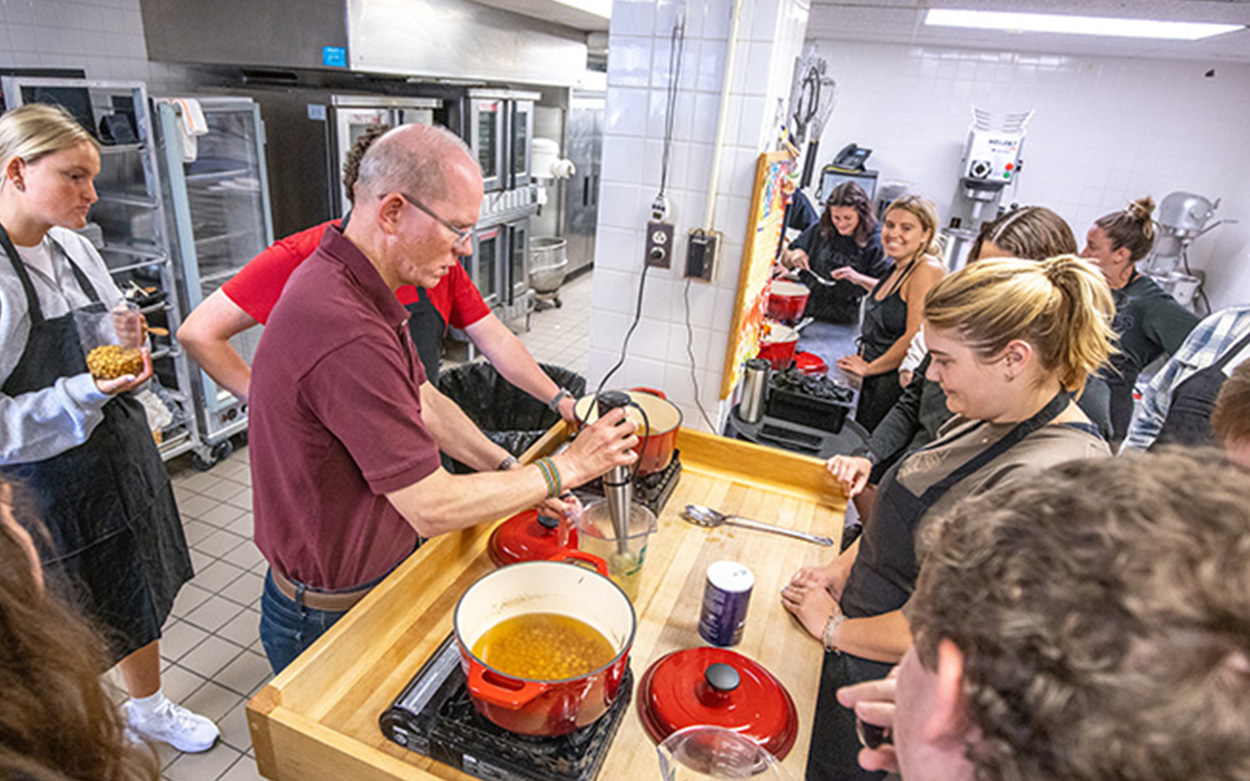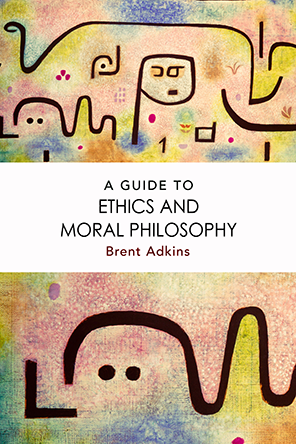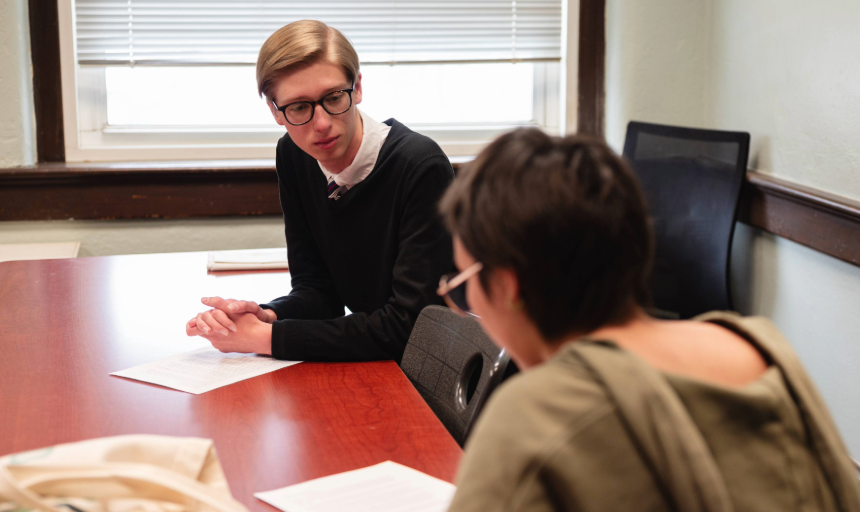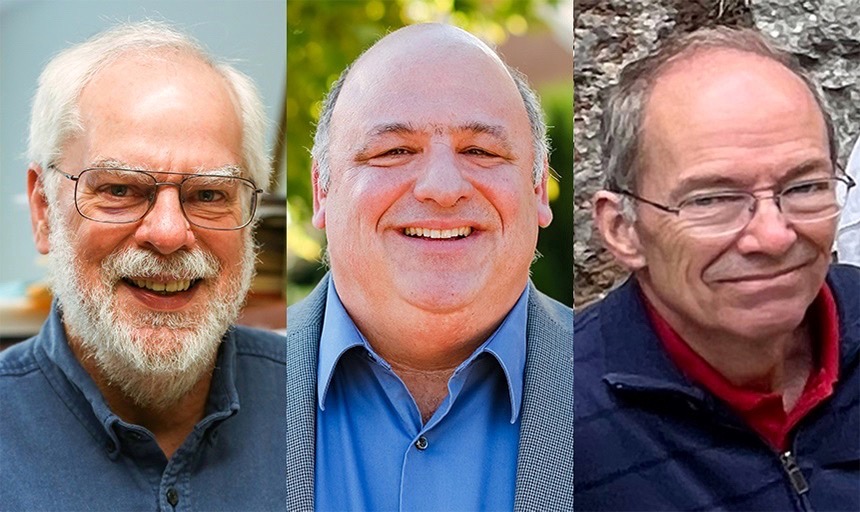Philosophy
Available as a major or minor
The study of philosophy examines the essential questions of human existence: "What is the best kind of life to live?" "What is the difference between right and wrong?" "Is life meaningful or meaningless?" "What is truth?"
A philosophy major prepares you to make a strong case for yourself, wherever you wish to go. Recent graduates are now in exciting careers in law, higher education and government.

Curriculum & Courses
Student Experiences
Learn By Doing
Careers & Outcomes
Faculty
News
-
Enhancing our children's genes: moral obligation or travesty? In this year's Crumley Lecture, sponsored by the Benne Center for Church & Society, Dr. James Peterson explores a life-changing ethical question that has presented itself.
- Date:
- March 26, 2026
- Time:
- 7 - 8 p.m.
- Location:
Wortmann Ballroom

-
This interactive workshop, the first of a two-part event, is intended to train researchers to better communicate their work with people outside of their field. Folks from all programs are encouraged to attend!
- Date:
- March 27, 2026
- Time:
- 4 - 6 p.m.
- Location:
Antrim Chapel
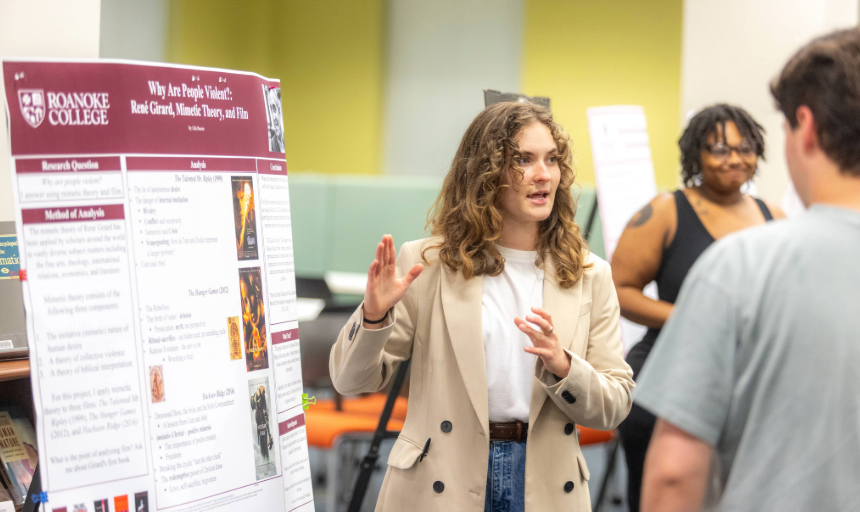
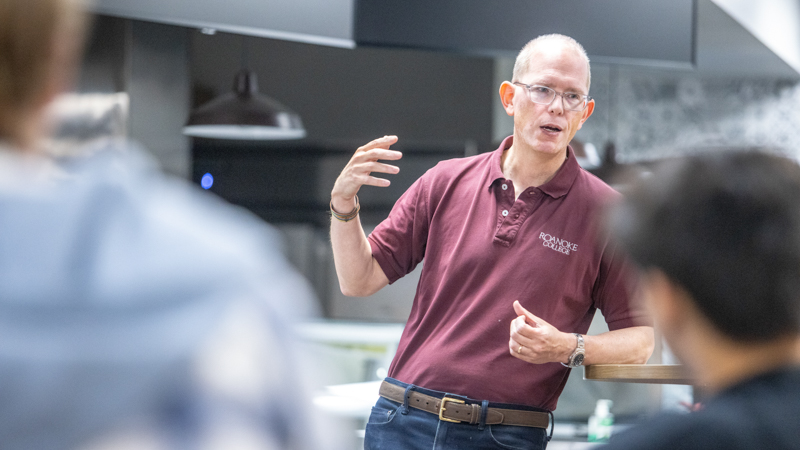
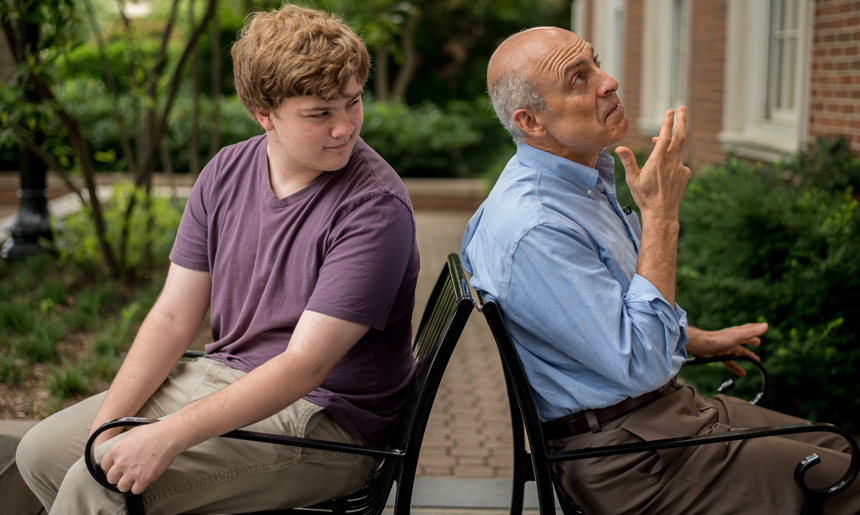
 During his time at Roanoke College, Benjamin Cowgill '17 completed research on youth persistence in the Anglican Church.
During his time at Roanoke College, Benjamin Cowgill '17 completed research on youth persistence in the Anglican Church.
